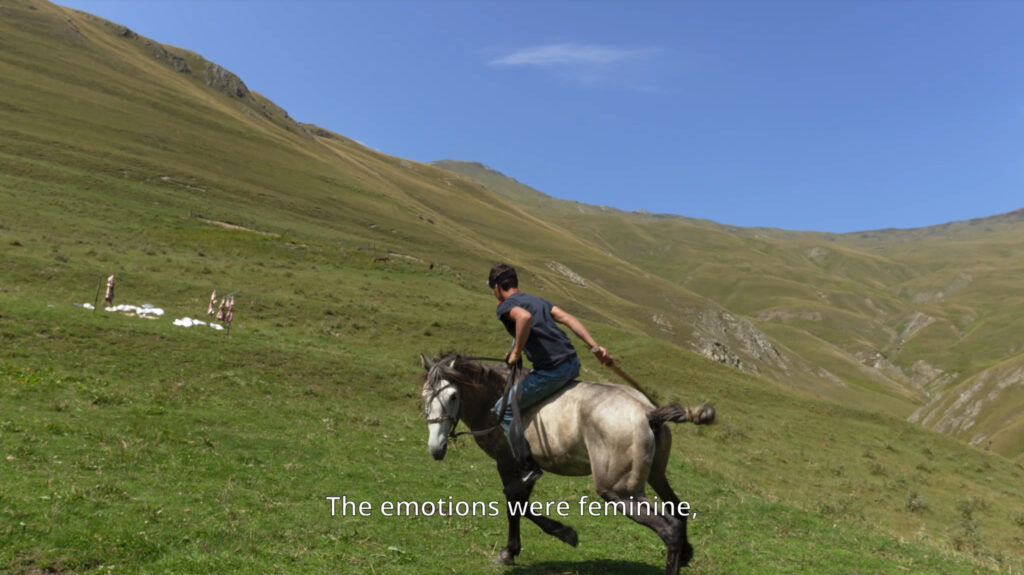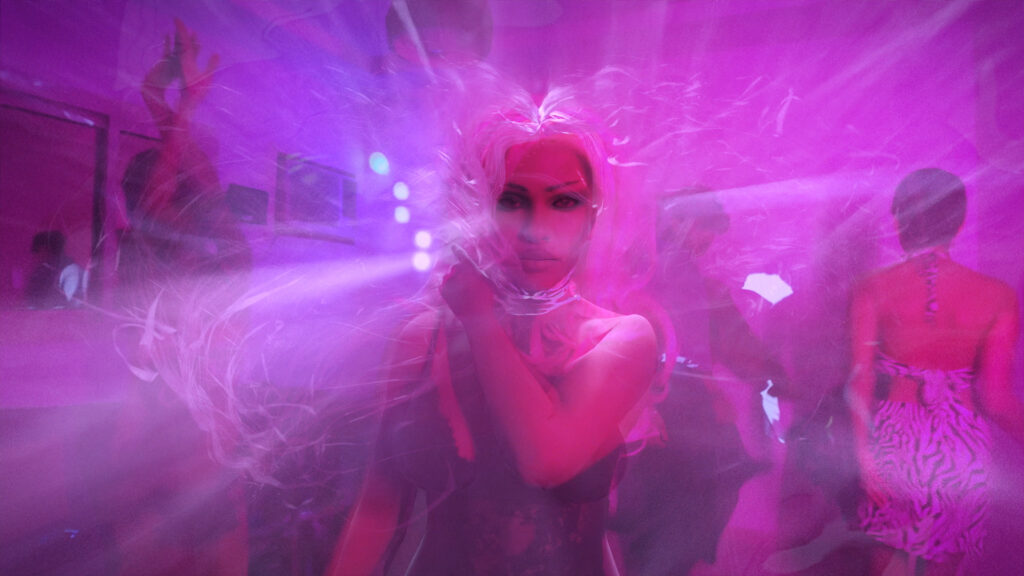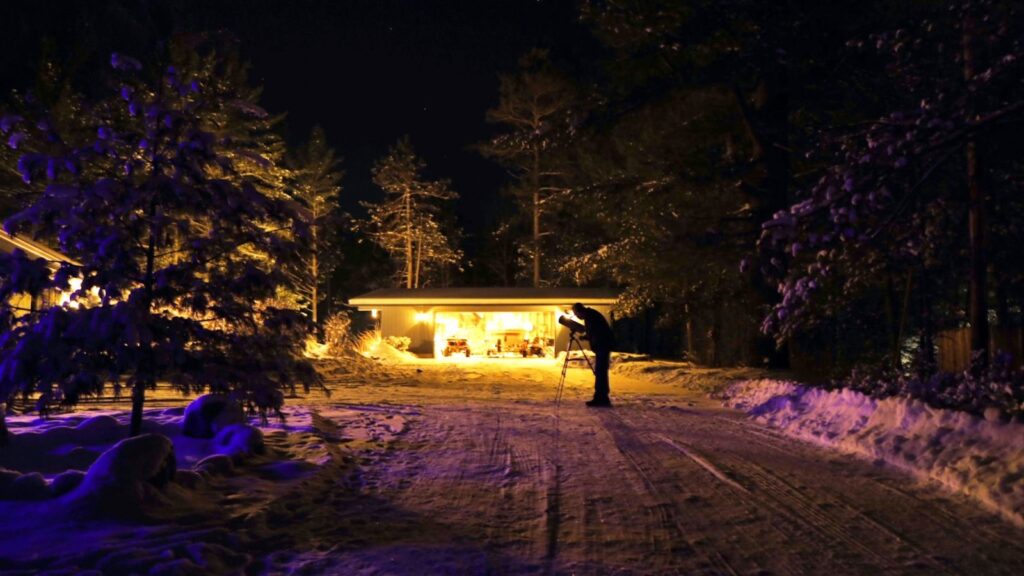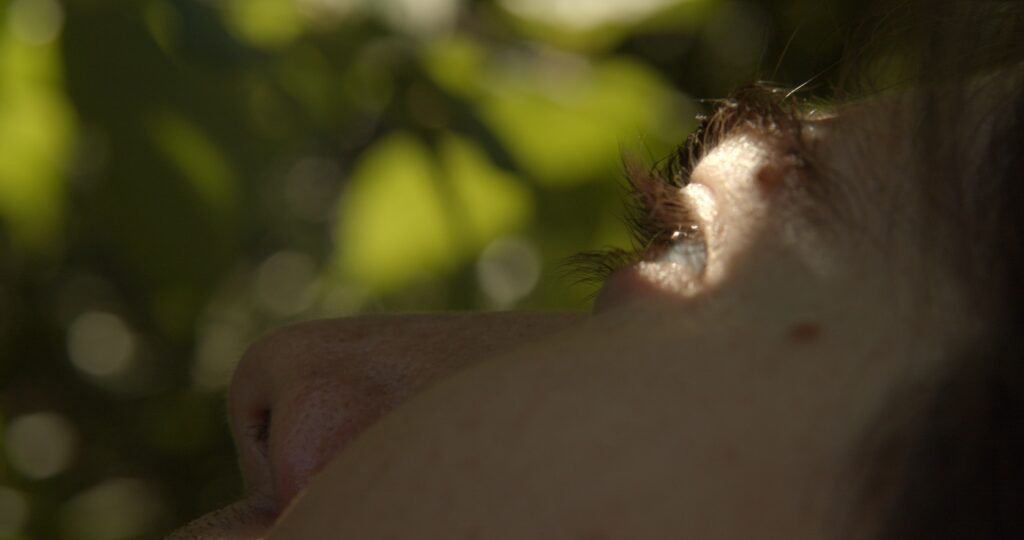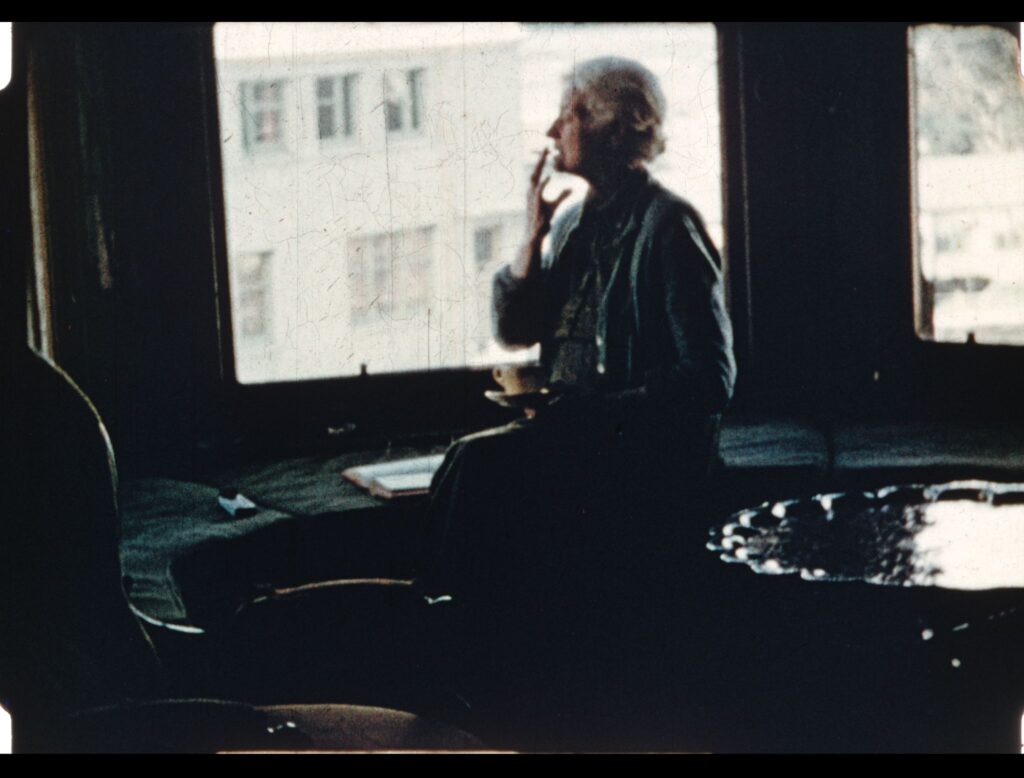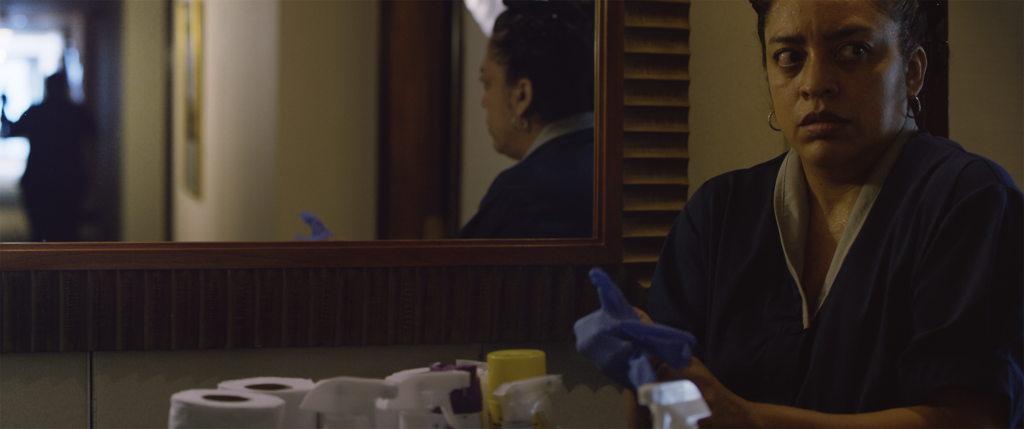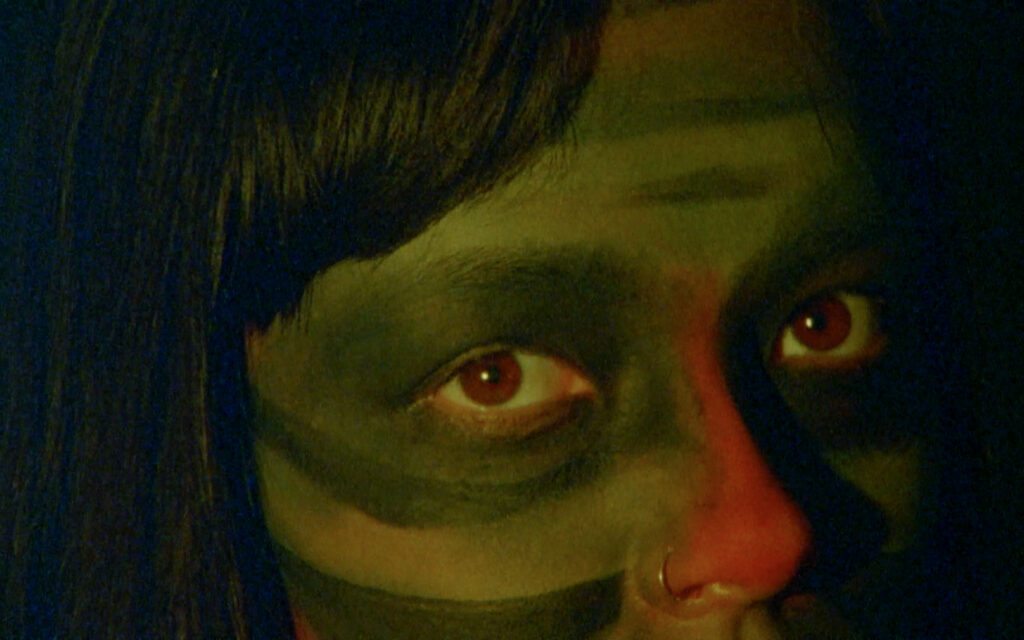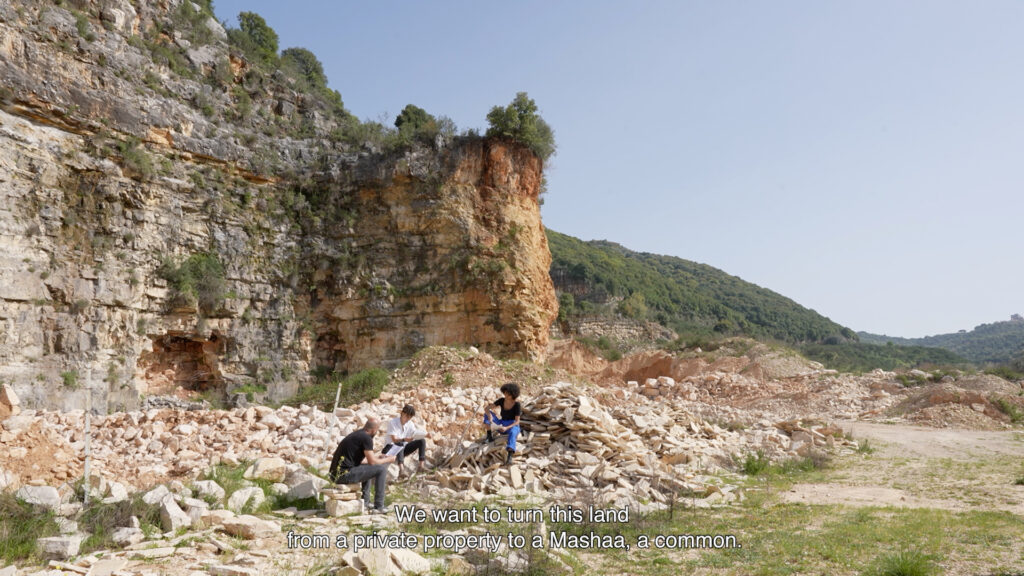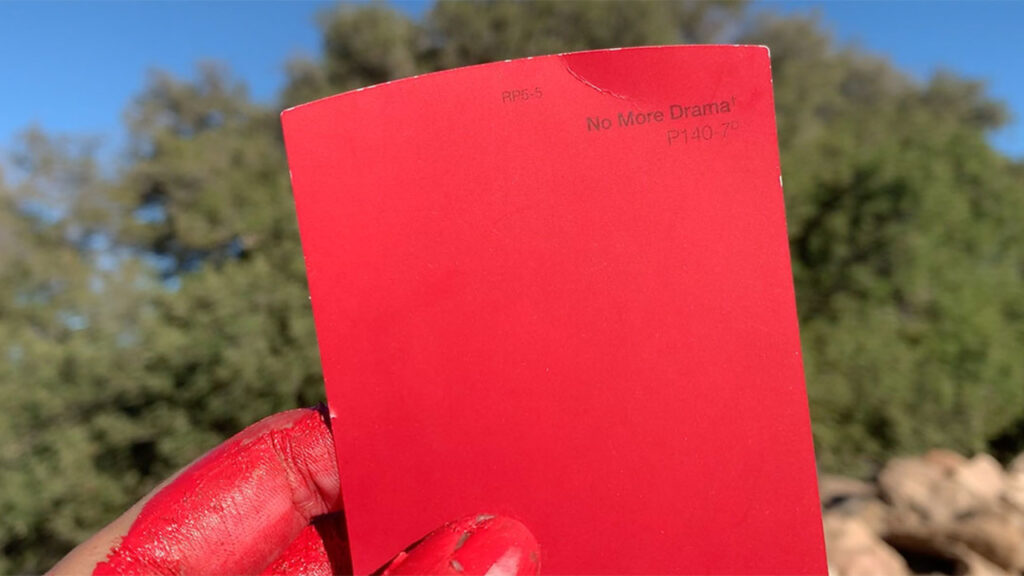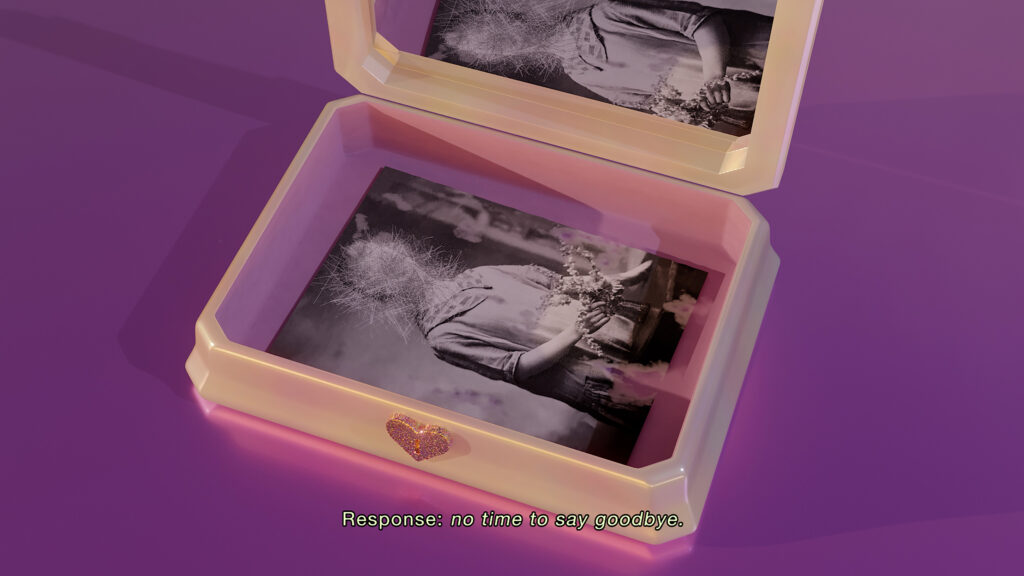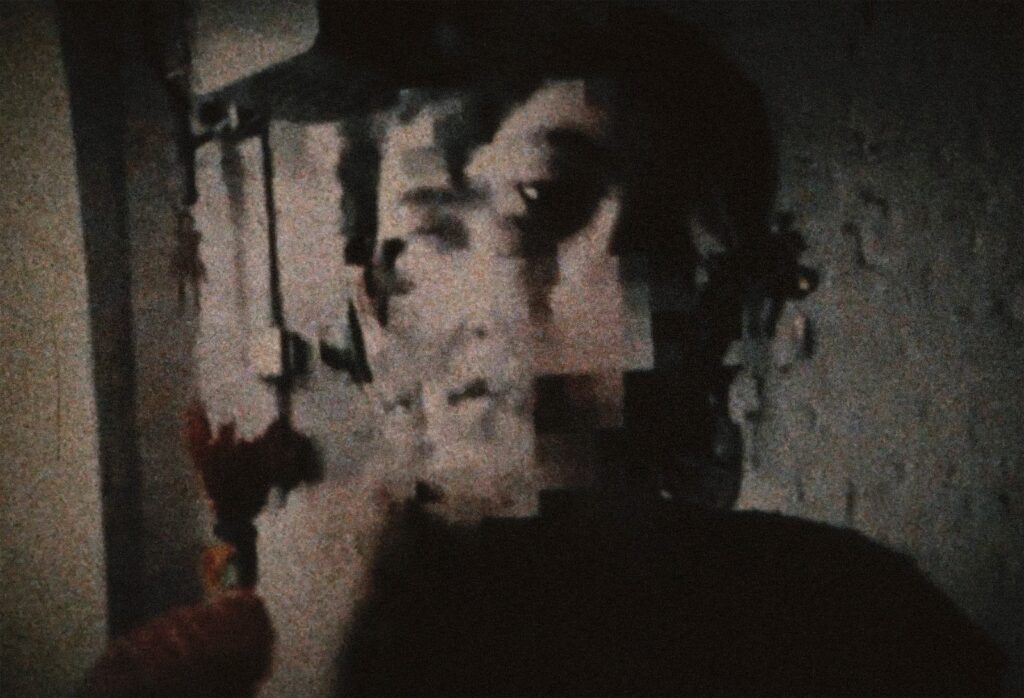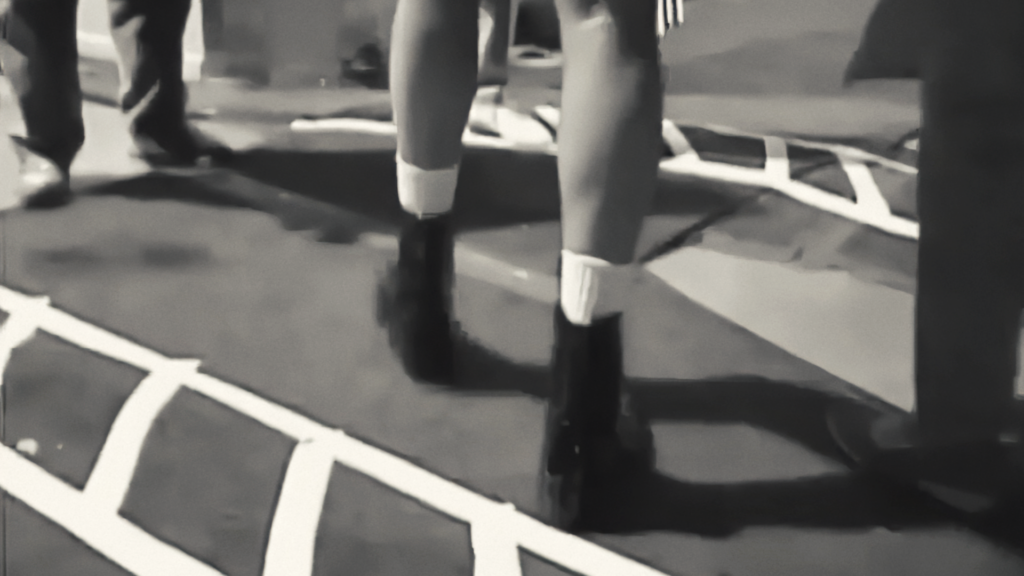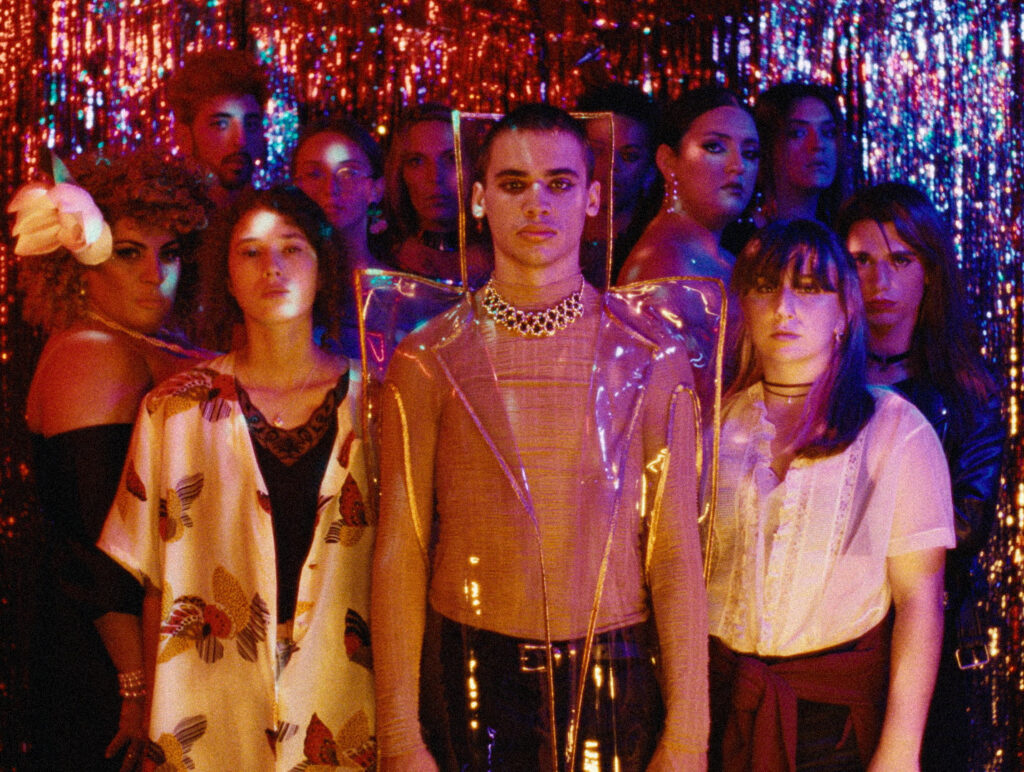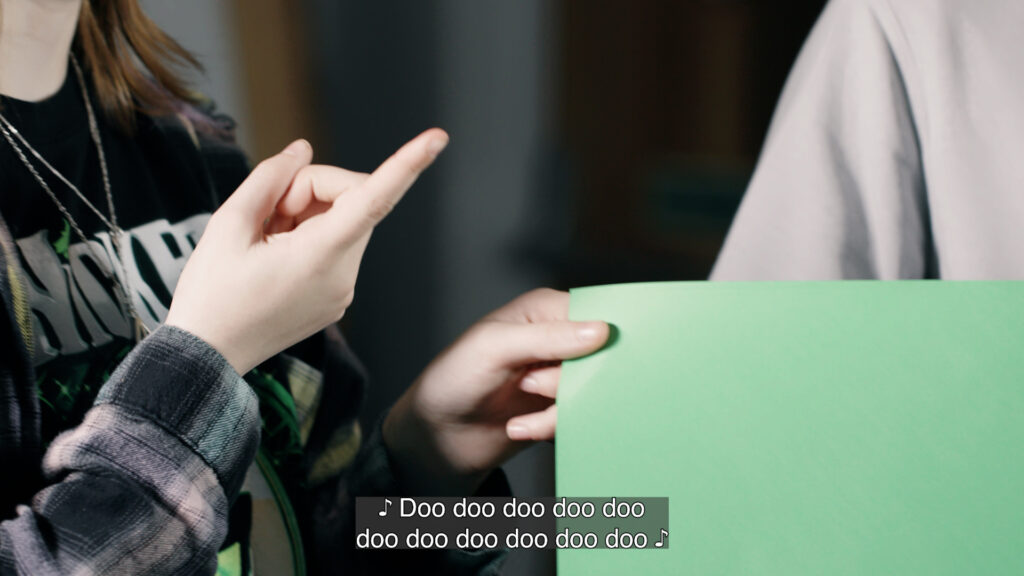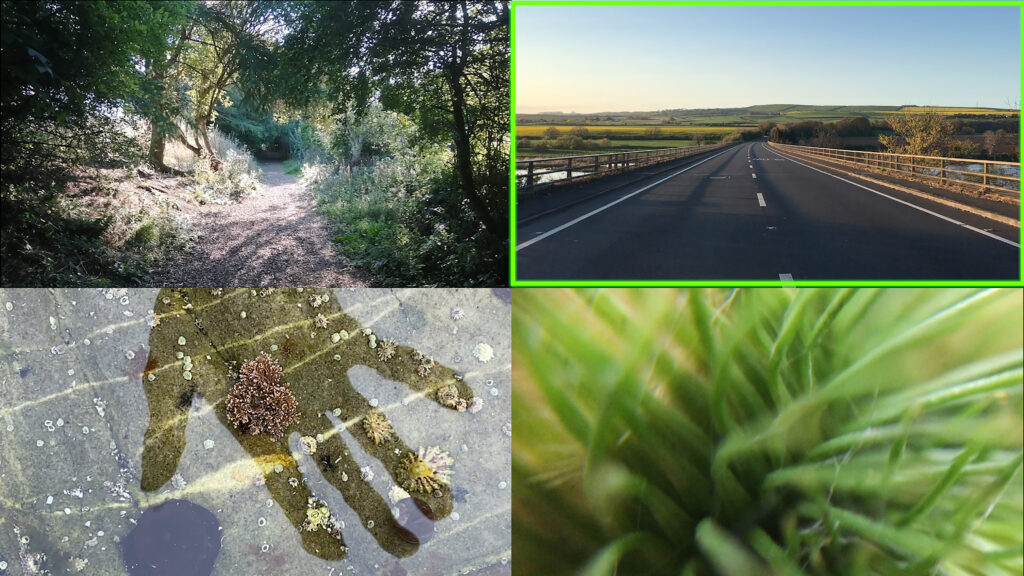The isolated mountainous region of Tusheti, in Northeast Georgia, is the site for a reflection on the importance of ritual, the maintenance of community ties, and how modernisation and migration are transforming rural landscapes. Shot over several years, Let Us Flow uses inovative audio-visual techniques to make visible the symbolic and physical division of sacred spaces within the community and offers a nuanced perspective on a culture where ancestral shrines are only accessible to men.
Programmes
Inner and outer space interpolate in this series of films exploring relational dynamics between public and private worlds. Instagram filters, YouTube tutorials, dating apps and a wearable eye tracker become interfaces through which to perceive shifting notions of bodily autonomy in contemporary life.
Drawing on a wealth of unseen archival material and unpublished notebooks, Being in a Place weaves a complex and personal portrait of Margaret Tait’s life, from the perspective of a fellow artist sensitive to the potential Margaret envisaged for film as a poetic medium. At the centre of the film is an imagining of an unrealised script for a feature film discovered amongst Margaret’s documents in Orkney titled, Heartlandscape: Being in a place – a document of a landscape, and of a journey through it.
Subterranean Sound and GRDN’s off-kilter DJ, event organiser and party-pusher, Noodle, invites you to show your bones on the dance floor and work your way through a loose, playful, potent hit of minimal, bouncy, bass-driven breaksy sounds.
A programme of short works traversing hallucinatory dreamscapes, contested landscapes, and the precarious movements of bodies through time and space. Argentinian auteur Lucrecia Martel screens alongside contemporary artists, Basim Magdy, Marwa Arsanios and Fox Maxy.
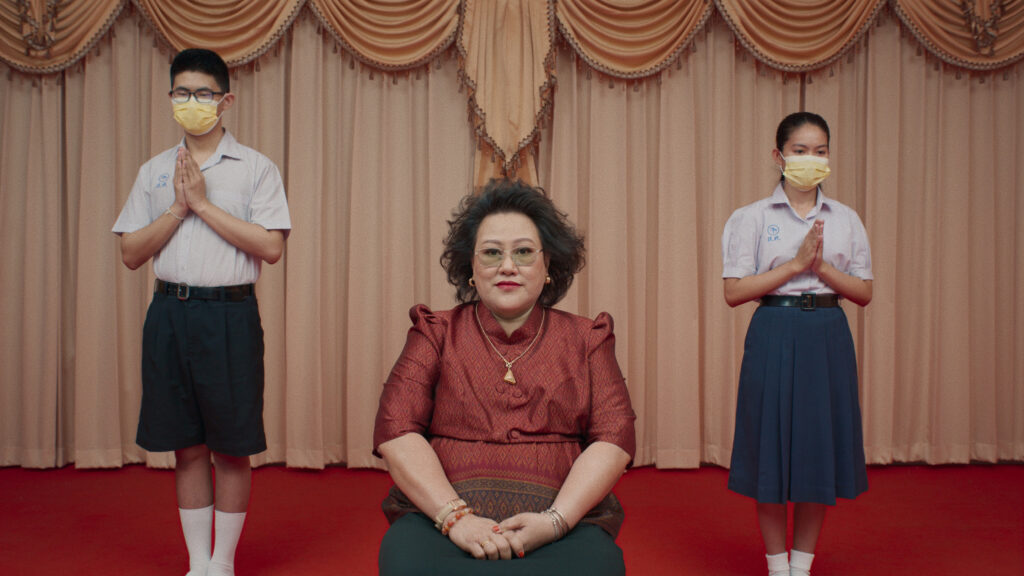
Closing Film: Arnold is a Model Student
Inspired by the Bad Student movement calling for educational reform in Thailand, Arnold Is a Model Student follows the titular protagonist as he joins forces with the rebellious Bee and an underground syndicate of misfits helping students cheat on their exams. This accessible yet subversive debut feature from Sorayos Prapapan pivots deftly between moments of absurdist humour and heartfelt, urgent gestures of cinematic protest. Combining dramatic details from his own childhood with footage from contemporary news and social media, Prapapan acknowledges a continuum of generational experience and the interplay between reality and fiction.
Three concentrated doses of cinematic pleasure. Artists in this programme meditate on storytelling and agency, synthesising practices of filmmaking and living to suggest new forms of intergenerational care. The ways we interpret our collective selves are explored through tender engagements with technologies of record and remembrance.
What is to be done when our homes and our dreams have been invaded? Graeme Arnfield’s nightmarish essay film traces the curious history of the doorbell, from its invention and reinventions through 19th century labour struggles, to the nascent years of narrative cinema and contemporary surveillance cultures. Home Invasion paints a terrifying portrait of technological ideologies and imaginaries shaping our everyday lives, staging a confrontation with the reality of machines and systems that work against us, hindering the emergence of radical futures.
Cláudia Varejão’s debut fiction film is a luminous ode to queer communities on the Azores island of Sao Miguel. Culturally specific and delicately nuanced, Wolf and Dog follows protagonist, Ana, as she navigates the stifling forces of religion and tradition in pursuit of the passions and butterflies of new desire. Mirroring Ana’s journey of self-discovery, Varejão’s initially observational style slowly gives way to something more lush and experimental, capturing the gentle unfolding of young love finding its first voice.
Three short works by young filmmakers in Berwick, made collaboratively with artists Kimberley O’Neill and Kathryn Elkin. Applying techniques of digital filmmaking and documentary storytelling, the films explore entangled relationships between people, technology and the local environment.


